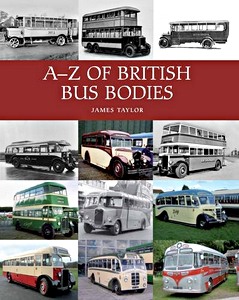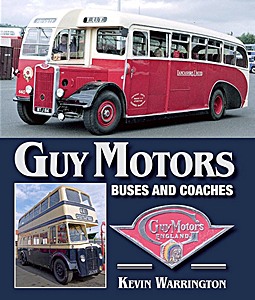Gardner: L. Gardner and Sons Limited - Legendary Engineering Excellence
This book by historical transport expert Graham Edge is a comprehensive study of a Manchester company whose name became revered in over forty countries. It traces the story from the origins of the firm in 1868 until it ceased engine production almost 130 years later.
In 1929 L Gardner and Sons Ltd perfected a small high-speed, direct injection diesel engine, the world's first for an engine of its size. The company soon developed this into the first purpose-built automotive engine of its type. This renowned Gardner LW series was also revolutionary in its use of lightweight aluminium alloys.
Because diesel fuel was more economical than petroleum spirit for most of the last century, and especially in the 1930s, Gardner was able to capitalise on a huge and growing market. Their diesel engines went on to gain an unrivalled reputation for reliability and economy in buses, coaches, lorries, rail, shipping and industrial installations. Their heyday was probably from the end of the Second World War to the early 1960s, a time when their order book was always full.
As well as telling the story of the company's engineering achievements (and setbacks), the author also brings to life some of the personalities involved, not least the members of the Gardner family. Although they were 'engineers par excellence', some of the 'could be quite irascible!'
By the 1970s Gardners were being left behind by changes in the transport market and also faced damaging industrial relations. In 1977 they became part of the Hawker Siddeley group.
This is a reprint of a book first published in 2002 and revised in 2006. Graham Edge was able to draw on knowledge freely provided by former sales director Dion Houghton. The superb photographs are mainly from the archives of Dion Houghton and Paul Gardner, the great-grandson of the founder. Each photograph has a detailed caption and the book's Appendices include production figures.
Product details
| Author: | Graham Edge |
|---|
| Details: | 216 pages, 10.8 x 8.25 x 0.55 in (27.5 x 21 x 1.4 cm), paperback |
|---|
| Illustrations: | 280 photos, 8 pages in color |
|---|
| Publisher: | Old Pond Publishing Ltd (GB, 2011) |
|---|
| ISBN: | 9781906853884 |
|---|













